
英语中有些动词后接另一个动词作宾语时,用作宾语的动词习惯上要用不定式,不用动名词,这类动词主要admit(承认), advise(建议), allow(允许), appreciate(感激), avoid(避免), consider(考虑), delay(推迟), discuss(讨论), dislike(不喜欢), enjoy(喜爱), escape(逃脱), excuse(原谅), fancy(没想到), finish(完成), forbid(禁止), forgive(原谅), give up(放弃), imagine(想象), keep(保持), mention(提及), mind(介意), miss(没赶上), pardon(原谅), permit(允许), practise(练习), prevent(阻止), put off(推迟), report(报告), resist(忍住), risk(冒险), stop(停止), suggest(建议), understand(理解)等。如:
She admitted having read the letter. 她承认看过这封信。
We don’t allow smoking on this plane. 在这架飞机上我们不允许抽烟。
I appreciate being given this opportunity. 非常感谢给了我这个机会。
He dyed his beard to avoid being recognized. 他染了胡子,以免我们认出他来。
He considered going to see Paul in person. 他考虑亲自去找保罗。
They discussed selling the house. 他们商量过卖房子的事。
We forbid smoking during office hours. 我们不准在办公时间抽烟。
Whenever I mention playing football, he says he’s too busy. 我一跟他提踢足球的事,他就说太忙。
I can’t understand neglecting children like that. 对孩子那样毫不经心,我不能理解。
注意:有些动词如allow, advise, permit和forbid等,后接动词要用动名词,不用不定式,但如果它们后面跟有宾语,则可以在宾语后可接不定式。比较:
Would you advise phoning, or shall I wait a bit longer? 你看我打电话好,还是我再等一会儿好?
Would you advise me to phone, or shall I wait a bit longer? 你看我打电话好,还是我再等一会儿好?









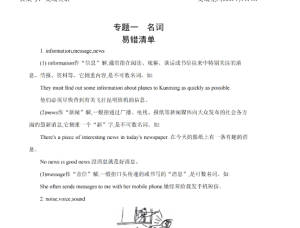

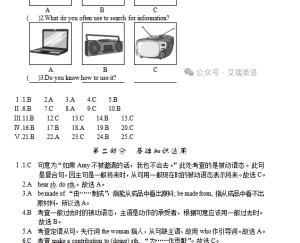




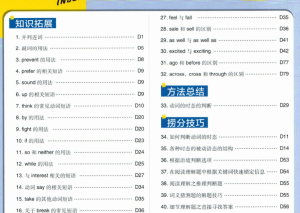
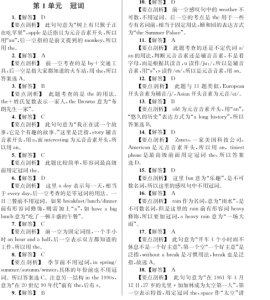
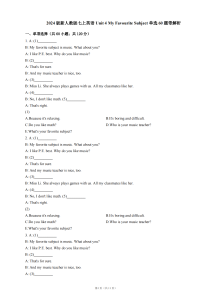




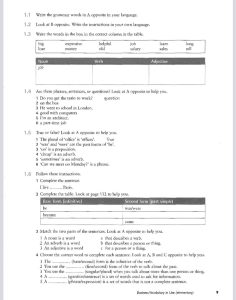


暂无评论内容